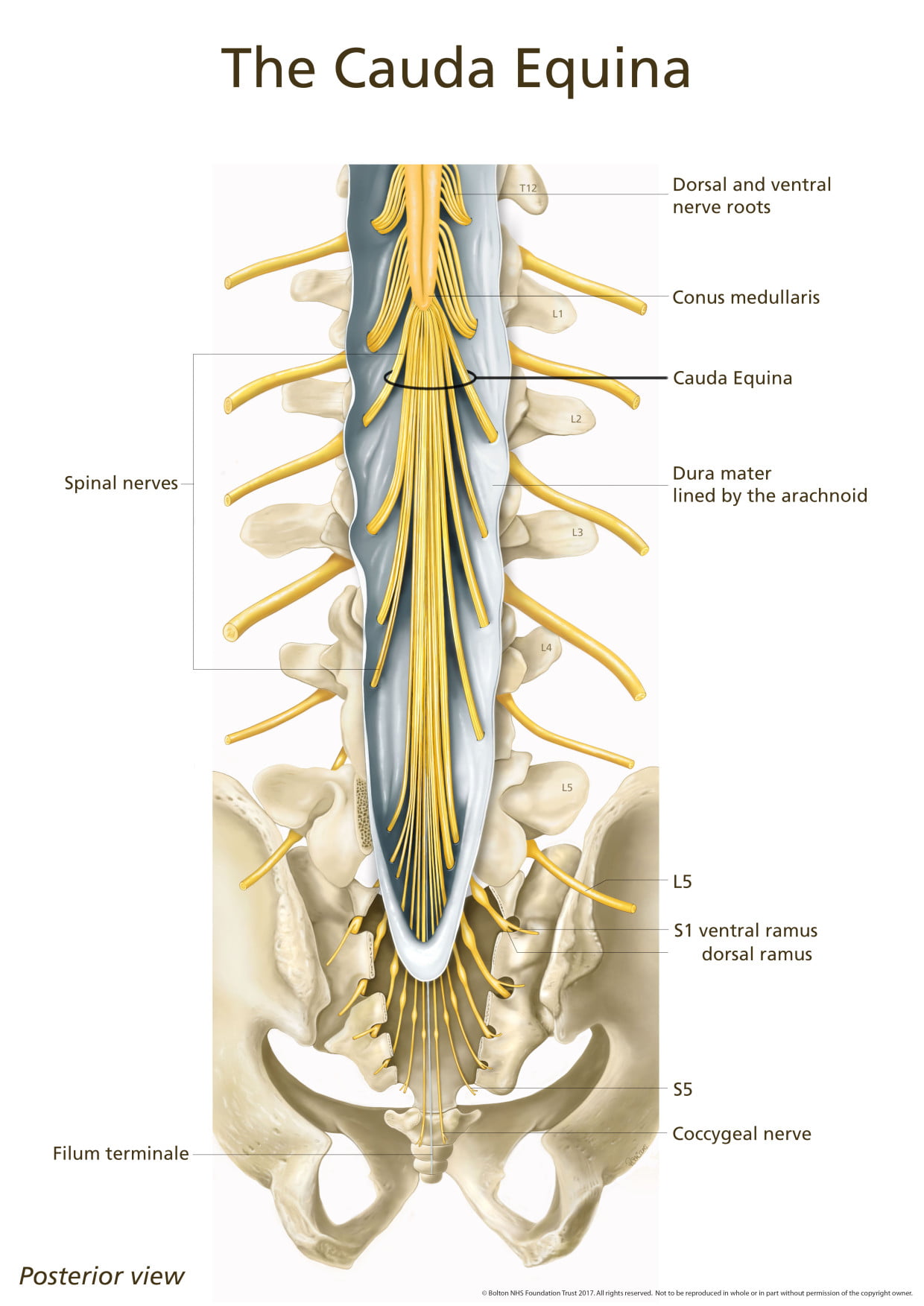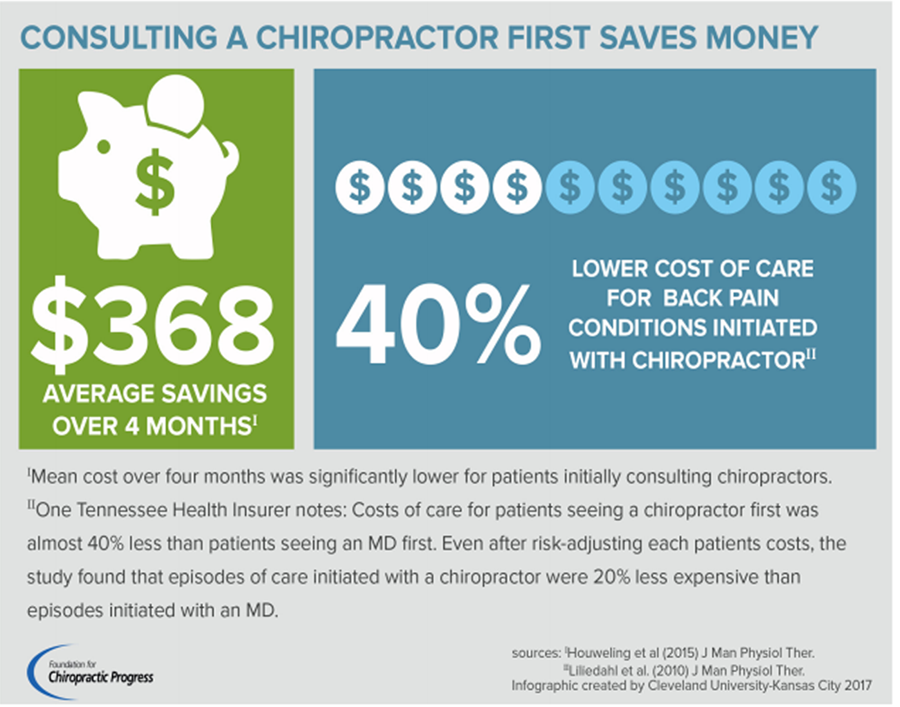Are Chiropractors Protecting Patients From Medical Care?
SOURCE: Dynamic Chiropractic
By Donald M. Petersen Jr., BS, HCD(hc), FICC(h), Publisher
| “Chiropractors might be preventing some of their patients from receiving procedures of unproven cost utility value or dubious efficacy.” |
This quote comes from the latest study revealing chiropractic’s superiority to “traditional medical approaches.” Titled “Health Maintenance Care in Work-Related Low Back Pain and Its Association With Disability Recurrence,” the study was published in the April 2011 issue of the Journal of Occupational and Environmental Medicine. [1]
The study compares “physical therapy, chiropractic and (medical) physician services” as they relate to disability and health maintenance. As our front-page article underscores, investigators found that “the likelihood of recurrent disability due to LBP (low back pain) for recipients of services during the health maintenance care period by all other provider groups was consistently worse when compared with recipients of health maintenance care by chiropractors.”
The authors state that “by visiting only or mostly a chiropractor or becoming a chiropractic loyalist, the patients do not receive other traditional medical approaches.” While this is obvious, it is no less significant because those who do receive traditional medical care experienced a greater likelihood of recurrent disability.
What makes the quote at the beginning of this article even more interesting is that the “procedures of unproven cost utility value and dubious efficacy” are those offered by the MDs and PTs. What will make this point even more powerful to most readers is that the lead author of this study is himself a medical doctor.
A few paragraphs later, the authors note that “the only and mostly chiropractic group during the disability episode and health maintenance care periods and ‘chiropractic loyalists’ during both periods combined had fewer surgeries, used fewer opioids, and had lower costs for medical care than the other provider groups.” Could low back pain “surgeries” and “opioids” (as well as other drugs) be considered among the “procedures of unproven cost utility value and dubious efficacy” the authors were referring to?
That’s the way it reads to me.
As I read this study, it is an open indictment of the “traditional medical approaches” used on low back pain patients who are recovering from a disabling injury or have recovered and are hoping to maintain their health. Something none of us ever expected to read in a medical journal.
The data ultimately leads the scientists to the following conclusion: “After controlling for demographic factors and multiple severity indicators, patients suffering nonspecific work-related LBP who received health services mostly or only from a chiropractor had a lower risk of recurrent disability than the risk of any other provider type. Even without an improvement in days until recurrent disability, our findings seem to support the use of chiropractor services, as chiropractor services generally cost less than services from other providers. If a lower rate of disability recurrence in work-related LBP cases for chiropractors holds true, it is important to identify the mechanism of action.”
What a great way to end a study published in a scientific journal – by calling for more research into how chiropractic works and what makes chiropractic more effective.
This is the third of three great studies to appear in print in the past few months that suggest the benefits and even superiority of chiropractic care. [2-3] While we still have a ways to go, I believe the mindset among some of the members of the scientific community is beginning to shift toward an unbiased consideration of chiropractic.
You may also enjoy our 3-17-2011 Blog posting about this article:
New LBP Study Reveals Chiropractic Is Superior to PT and MD Care
References:
- Health Maintenance Care in Work-Related Low Back Pain and Its Association With Disability Recurrence
J Occup Environ Med, 2011 Apr;53(4):396-404. - Manipulation or microdiskectomy for sciatica? A prospective randomized clinical study
J Manipulative Physiol Ther, 2010 (Oct); 33 (8): 576-84 - The Chiropractic Hospital-based Interventions Research Outcomes (CHIRO) Study: A Randomized Controlled Trial on the Effectiveness of Clinical Practice Guidelines in the Medical and Chiropractic Management of Patients with Acute Mechanical Low Back Pain
Spine J. 2010 (Dec); 10 (12): 1055-1064





Thanks for the heads up. I like to cite these studies when having discussions with medical doctors. They are not only receptive, they’re blown away by this stuff.
Great study! So we get as good or better results at a lower price? Of course we do.
I will use this study in a article I am writing… thanks for the info
Wow – powerful sentence here: “investigators found that “the likelihood of recurrent disability due to LBP (low back pain) for recipients of services during the health maintenance care period by all other provider groups was consistently worse when compared with recipients of health maintenance care by chiropractors”, Specialists and GP’s seem to be slowly becoming more accepting of the benefits of the practice, the results seem pretty unrivalled and the longevity of the positive effects too is a benefit of prime concern to the NHS who desperately need to look at more preventative treatments to cut costs. Great summary – thanks for the post.